
What Is Required on an FSIS Label? A Complete Breakdown
Understanding what is required on an FSIS label is critical for food manufacturers seeking compliance in the U.S. market. The
Front-of-Package Labels now available for Canada.
Supplemented Food Facts Labels now available for Canada.
Supplement Facts Labels are now available for the US, including FSIS labels!
USDA & FDA-compliant supplement facts label creator. Our easy-to-use software seamlessly helps you create supplement labels, including FSIS labels.
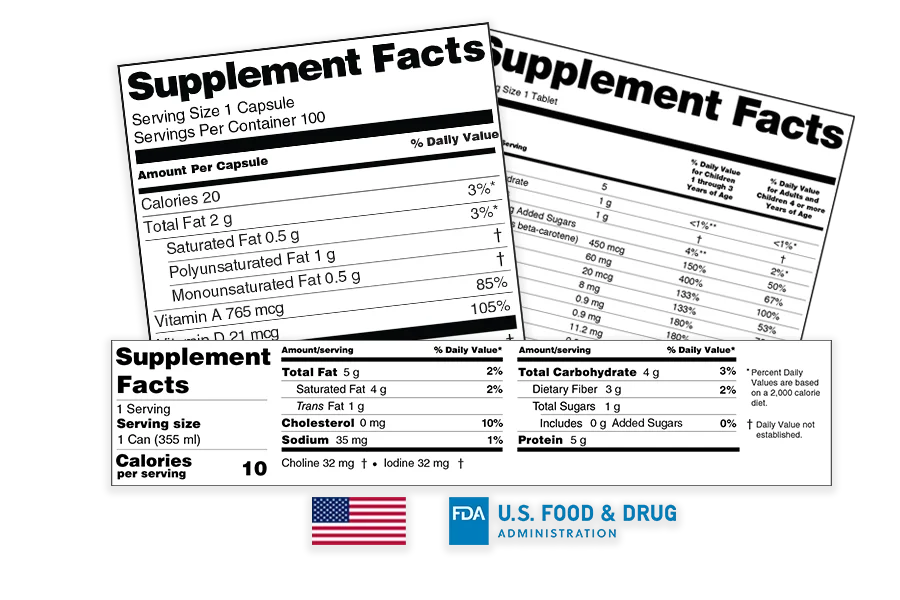
Menusano simplifies the process of creating US-compliant supplement facts labels for food businesses. Accurate nutrient analysis and easy-to-use tools ensure that your labels meet FDA standards.
Whether launching a new product or updating existing labels, Menusano helps you stay compliant, save time, and avoid costly mistakes. Empower your business with clear, precise, and professional labelling.
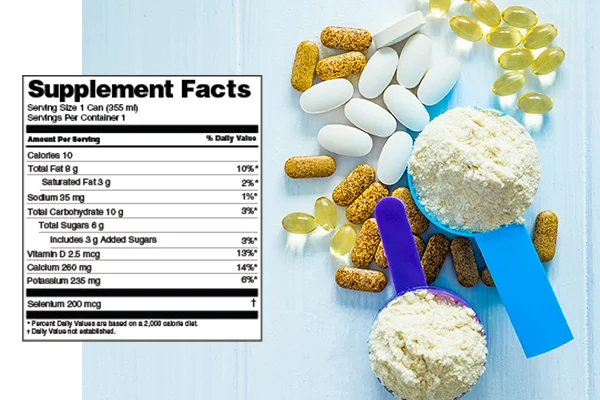
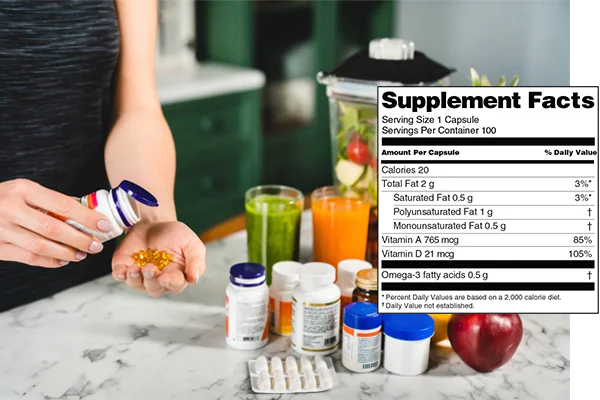

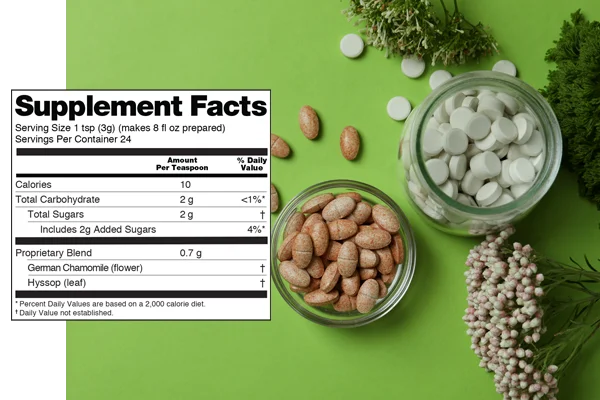
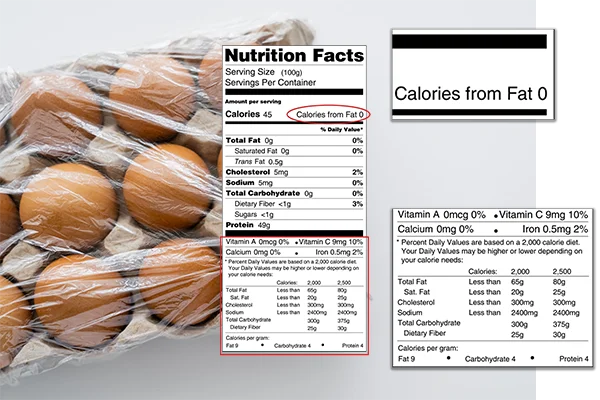
Easily generate FSIS-compliant labels for meat, poultry, and processed egg products. Simply input your data, and Menusano ensures your labels meet all FSIS guidelines, getting your products market-ready faster and with confidence and compliance.

MenuSano offers an affordable solution with advanced nutrition analysis and labeling tools, helping businesses stay compliant and reduce costs.
Our cloud-based software allows you to create and update US-compliant supplement facts labels from any device, anytime, ensuring flexibility and efficiency.
Your data is fully secure with encrypted storage, ensuring your recipes and information are protected, giving you peace of mind.
MenuSano helps you accurately label dietary claims like gluten-free, vegan, and low-sodium, ensuring compliance with FDA and CFIA guidelines.
Food businesses can use MenuSano to add clear cautionary messages to nutrition labels, ensuring compliance with FDA and CFIA safety warnings.
MenuSano allows food businesses to declare allergen information, listing major allergens and cross-contamination risks, ensuring FDA and CFIA compliance.

We’ll generate compliant labels so you can focus on what matters. Save time and let us do it for you!

Laboratory testing for food items through our lab partners. Get nutrition testing, labels, and much more!

MenuSano has partnered with Field Eagle to help businesses like you navigate food inspections effortlessly.
Specialized solutions for food manufacturers covering everything from nutritional analysis to compliance and labelling.
Restaurants can use MenuSano to get real-time and accurate nutritional analysis, as well as generate nutrition facts labels.
Cannabis businesses can easily navigate the intricate rules of product labelling and generate compliant nutrition facts labels by simply using MenuSano.
Our software is engineered to meet the unique needs of food caterers allowing them to focus on delivering exceptional culinary experiences.
All-in-one solution for meal kits nutrition analysis, labelling, and compliance.
MenuSano can integrate with supply chain management systems, facilitating real-time updates on ingredient availability, pricing, and nutritional information.
Eliminate complex calculations and estimations. Our Bakery Nutrition Label Menu provides precise, real-time nutritional information customized to your recipes, covering everything from calories to allergens.
Promote healthier choices by generating informative compliant nutrition facts labels. Meals can also be catered to the diverse dietary needs of patients, staff, and visitors.
MenuSano is committed to enriching the educational journey of the next wave of chefs, dieticians, and food entrepreneurs.
Recognizing the vital role schools play in shaping future generations, MenuSano grants you access to our top-notch nutrition analysis software at a special reduced rate if teaching nutrition is part of the curriculum.
An easy-to-use comprehensive solution to nutritional analysis, empowering schools to deliver healthier, well-balanced meals for our future leaders.
MenuSano helps you analyze and balance essential nutrients in pet food, such as protein, fat, fibre, and essential vitamins and minerals, tailored to different species, breeds, and health conditions.
Discover how MenuSano can enhance the nutritional well-being of your residents and set your retirement home apart.







The nutrition label for a dietary supplement is called a “Supplement Facts” panel.
The key differences between the “Supplement Facts” panel and the “Nutrition Facts” panel are as follows:
You are required to include the names and quantities of dietary ingredients in your product, along with the “Serving Size” and “Servings Per Container.” However, the “Servings Per Container” is not necessary if it matches the net quantity of contents. For instance, if the net quantity is 100 tablets and the “Serving Size” is one tablet, the “Servings Per Container” would also be 100 tablets and doesn’t need to be listed separately.
A serving of a dietary supplement is defined as the maximum amount recommended on the label for consumption per eating occasion. If no specific recommendations are given, one unit (such as a tablet, capsule, packet, or teaspoon) counts as a serving. For example, if the label advises taking 1-3 tablets with breakfast, the serving size would be 3.
You must list total calories, calories from fat, total fat, saturated fat, cholesterol, sodium, total carbohydrate, dietary fibre, sugars, protein, vitamin A, vitamin C, calcium, and iron when they are present in measurable amounts. A measurable amount is anything greater than what can be labelled as “zero” on the nutrition label of conventional foods. If trans fat is present in a measurable amount, it must be listed separately below saturated fat.
Calories from saturated fat, polyunsaturated fat, monounsaturated fat, soluble fibre, insoluble fibre, sugar alcohol, and other carbohydrates may be listed but must be listed if any claims are made about them.
Yes, if you make a claim about calories from saturated fat, insoluble fibre, polyunsaturated fat, sugar alcohol, monounsaturated fat, other carbohydrates, or soluble fibre, you are required to list that nutrient.
When included in a dietary supplement, dietary ingredients without established daily values must be listed by their common or usual names. These ingredients should be marked with a symbol in the “% Daily Value” column, which directs to a footnote stating “Daily Value Not Established.”
No, Vitamin E does not need to be listed when it occurs naturally because it is not one of the 14 mandatory dietary ingredients.

Understanding what is required on an FSIS label is critical for food manufacturers seeking compliance in the U.S. market. The

Ensuring the safety of manufactured food products in the United States is a matter of national importance. The Manufactured Food

Key Takeaways The FDA’s Bold Move to Remove Synthetic Food Dyes In a landmark shift shaking the entire food industry,
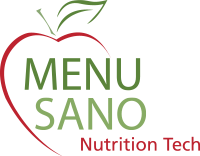
MenuSano is an easy-to-use nutrition and supplement label generator. A cloud-based software that helps businesses in the food industry generate compliant labels. Whether you’re a food manufacturer, restaurant, hospital, or in the cannabis business, MenuSano is tailored to meet your needs.

MenuSano is an easy-to-use nutrition and supplement label generator. A cloud-based software that helps businesses in the food industry generate compliant labels. Whether you’re a food manufacturer, restaurant, hospital, or in the cannabis business, MenuSano is tailored to meet your needs.
© 2025 MENUSANO | 400 University Ave., Toronto, Suite 103, ON, M5G 1S5. 1-866-640-2345. www.menusano.com | Privacy policy | Legal | Terms of use